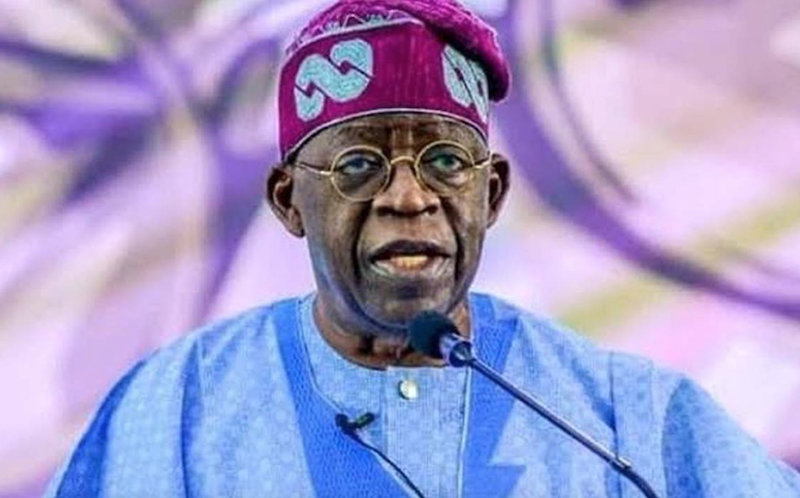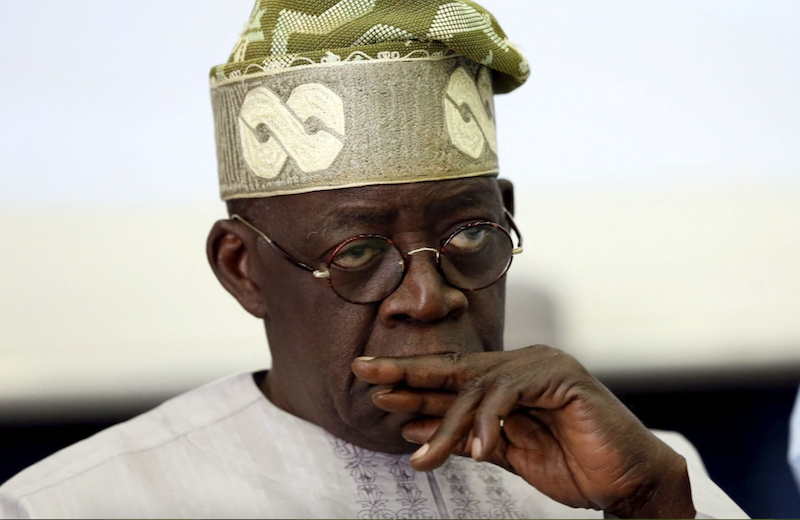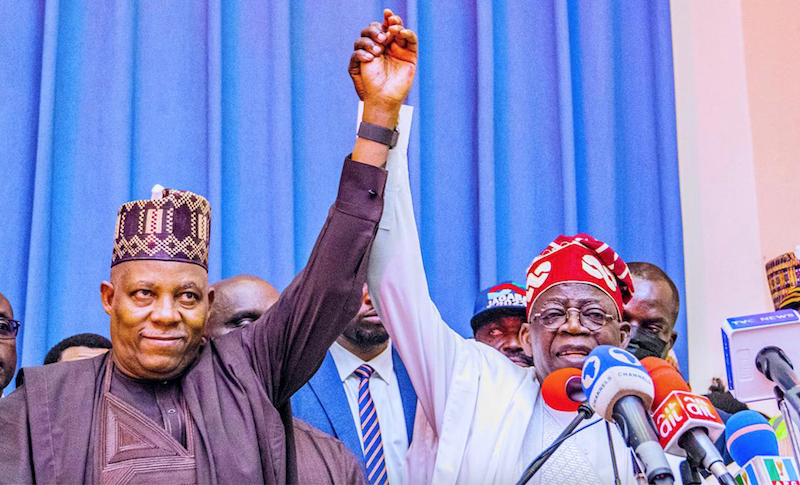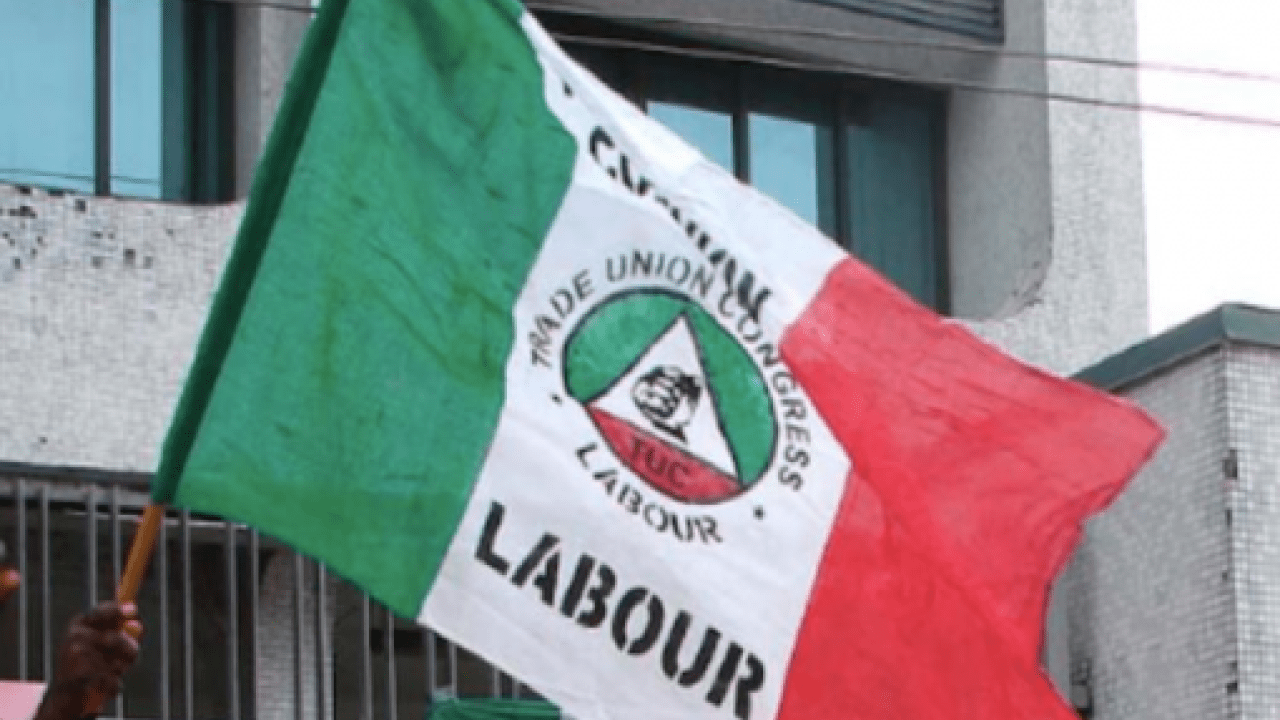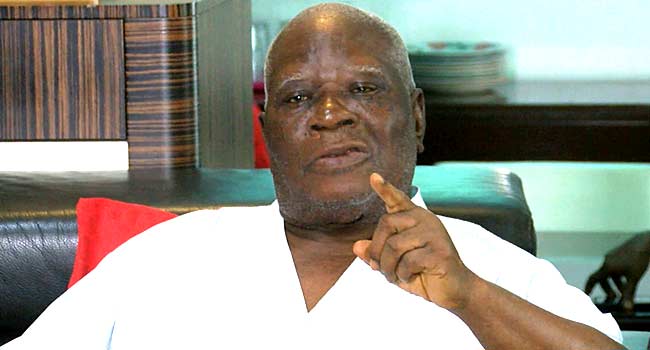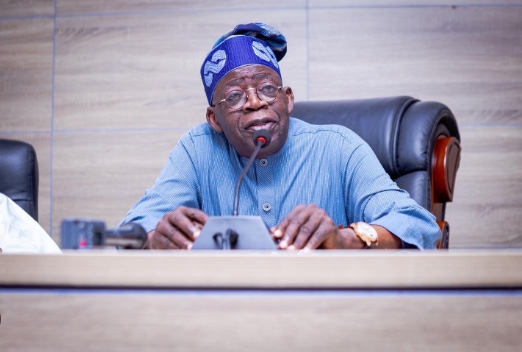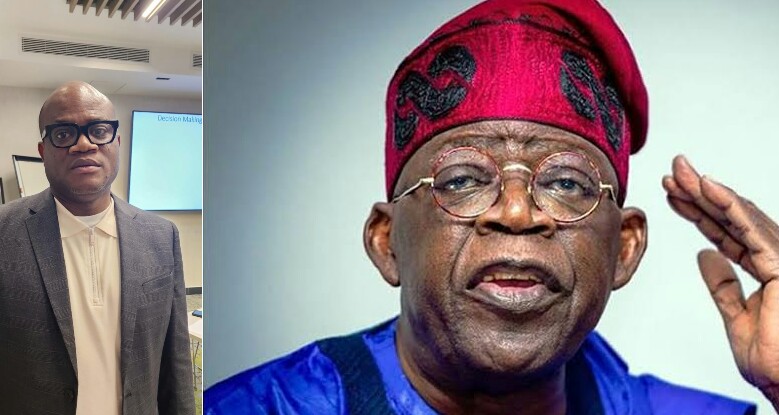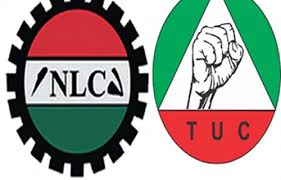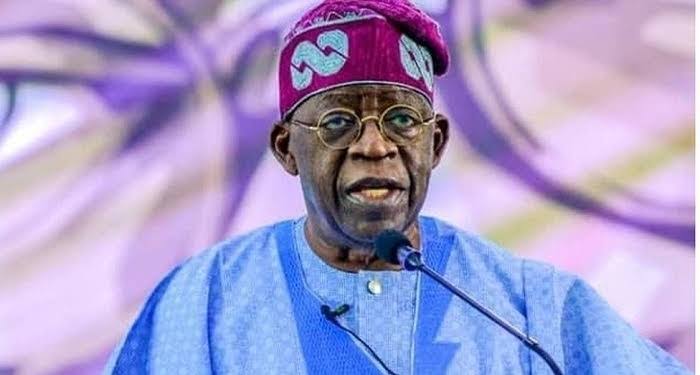After taking the bold step to remove payments on fuel subsidy, President Ahmed Tinubu; his Vice, Senator Kashim Shettima; other political, public and judicial office holders in the country are set to enjoy an upward review of their salaries by 114 per cent.
TheNewsGuru.com (TNG) reports the Revenue Mobilisation, Allocation and Fiscal Commission (RMAFC) has urged the 36 State Houses of Assembly to hasten efforts on amendment of relevant laws to give room for the review.
Recall that on inauguration day, President Tinubu made the controversial decision to remove fuel subsidy payments, and the price of Premium Motor Spirit (PMS), popularly known as petrol, immediately skyrocketed across the country.
The government stressed that the removal of fuel subsidy payments, which burden would now be borne by the masses, was to make scarce resources available for the development of the country in real terms.
Presenting reports of the reviewed remuneration package to Kebbi State Governor, Dr Nasir Idris, on Tuesday in Birnin Kebbi, the Chairman of RMAFC, Alhaji Muhammadu Shehu, urged the 36 State Houses of Assembly to hasten efforts on amendment of relevant laws to give room for the review.
Work by the State Houses of Assembly will allow for the commencement of implementation of the reviewed remuneration packages for political, public and judicial officers.
Shehu disclosed that the commission recommended January 1, 2023, as the effective date for the commencement of the implementation of the Reviewed Remuneration Packages.
The RMAFC chairman, represented by the Federal Commissioner, Mrs Rakiya Tanko-Ayuba, an indigene of Kebbi State, presented the report to the governor during a courtesy visit at the Government House, Birnin Kebbi.
Shehu said the move was in line with the provision of Paragraph 32(d) of Part 1 of the Third Schedule of the 1999 Constitution of the Federal Government (as amended).
He said: “It empowers the Revenue Mobilisation, Allocation and Fiscal Commission to determine the remuneration appropriate for political office holders, including the President, Vice President, Governors, Deputy Governors, Ministers, Commissioners, Special Advisers, Legislators and the holders of the offices mentioned in Sections 84 and 124 of the Constitution of federal government.”
Shehu said the last review of the remuneration was carried out in 2007, which culminated into the “Certain Political, Public and Judicial Office Holders (Salaries and Allowances, etc) (Amendment) Act, 2008.
”Sixteen years after the last review, it is imperative that the Remuneration Packages for the categories of the office holders mentioned in relevant Sections of the 1999 Constitution (as amended) should be reviewed.
”Pursuant to the above, Your Excellency may please recall that on Wednesday, 1st February, 2023, the Commission held a one-day zonal public hearing on the review of the remuneration package simultaneously in all the six (6) geo-political zones of the country.
”The aim of the exercise was to harvest inputs/ideas from a broad spectrum of stakeholders,” he said.
According to the chairman, the commission has reviewed the remuneration packages as contained in these reports based on a combination of subjective and objective criteria.
”The subjective criteria reflected the various expression by stakeholders through memoranda received, opinion expressed during the zonal public hearings and responses to questionnaires administered.
”The objectives of the criteria were obtained from analysis of macro-economic variables particularly the Consumer Price Index (CPI),” he noted.
He added that the commission was also guided by some principles, including equity and fairness; risk and responsibilities; national order of precedence; motivation and tenure of office.
Shehu said that having considered the impact of the review on the economy, the remuneration of the political, public and judicial office holders in the country was adjusted upward by 114 per cent.
He said that with respect to allowances and fringe benefits, the commission recommended that the existing allowances be maintained at the current levels since that would translate to higher provisions in actual amounts when applied on the reviewed annual basic salary.
The chairman explained that with respect to the judicial office holders, the commission considered the introduction of three new allowances.
He listed the allowances to include “Professional Development Assistant: This is to allow for the provision of two Law Clerks to all Judicial Officers in the country.
”Long Service Allowance: This is to guaranty seniority/hierarchy between officers who have been on the bench for a minimum of five years and those that are appointed newly as well as Restricted or Forced Lifestyle: This is to take care of the nature of the lifestyle of Judicial Officers while in active service.”
Shehu said that the commission recommended Jan. 1, 2023, as the effective date for the commencement of the implementation of the Reviewed Remuneration Packages.
Gov. Nasir Idris with his Deputy, Sen. Abubakar Tafida; Speaker Kebbi State House of Assembly, Muhammadu Ankwai; Acting Chief Judge of the state, Justice Umar Abubakar; the SSG, Alhaji Yakubu Tafida; Head of Service, Alhaji Safiyanu Bena; and the Chief of Staff, Attahiru Maccido, keenly listened to the presentation.
Responding, the Kebbi state governor appreciated the commission for doing what he described as a thorough job.
Idris pledged that the committee under his chairmanship would justly look into the report and convey same to the appropriate quarters for necessary action.
